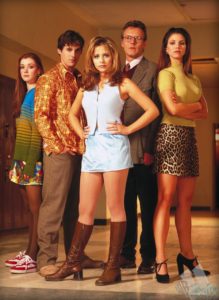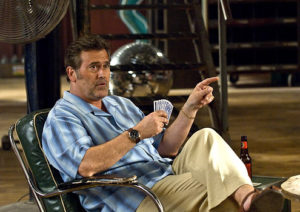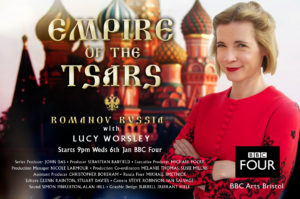This morning I went through the closet in my old room at my parents’ house and pulled out some old toys for my son: some Buffy the Vampire Slayer action figures, a Harley Quinn doll (with two hyenas!), and a very perplexing Jonny Quest figurine (Hadji in… a mech suit? With a machine-gun arm?). The kid is pretty dang into them. And that’s not the only connection between past and future that’s going on today.
I haven’t really written much (any) sci-fi before, but one of my current WIPs is “cli-fi,” aka “climate change fiction.” It’s about as sci-fi-y as The Hunger Games, in that I’m aiming for a world that seems basically like ours only after some kind of disaster, with some technology that’s basically magic and just there for plot reasons (sort of like in Star Wars, only there’s no Force. Yet?).

Obviously even when you’re writing something set in a contemporary world, you have to do worldbuilding: small town? Big city? What details of technology give the setting? Buffy is contemporary to when it aired (and boy do the outfits look hilarious nowadays, except for the ones that are somehow back on-trend) but still has tons of worldbuilding around the magical/supernatural elements.

Something like Burn Notice has a world built up of some real places and organizations (Miami, the CIA, the IRA) and lots of fake people (all of the characters except Sam Axe, because I refuse to live in a world where Sam Axe isn’t real).
Worldbuilding for a world that’s not our own is trickier… but pretty fun.
One tricky bit is having internal consistency: how many of the changes I’m making will have Butterfly Effects? How will changing, say, the sea level, or how big a microchip has to be, affect, like, shopping and food and everyday life?
Another tricky bit is making the changes reasonable but not boring. I basically sit around thinking about what might happen if current trends continue, and then use that as the background for the story. But…
Everything I think I’ve come up with keeps getting overtaken by actual history. Like Russia becoming an imperial power, or China’s air becoming poisonous, or climate change causing civil unrest and massive refugee migration, which then destabilizes other regions…
So why not just go further into the past to see if I can identify a pattern?
 I’m doing a little bit of grading while watching the first episode of a documentary series about the Romanov dynasty in Russia called Empire of the Tsars, since my YA Cli-fi novel is partly set in Novorossia (I think I’ve mentioned before here that I’m bad at naming things, yes?) and involves an Empress (Tsarina?).
I’m doing a little bit of grading while watching the first episode of a documentary series about the Romanov dynasty in Russia called Empire of the Tsars, since my YA Cli-fi novel is partly set in Novorossia (I think I’ve mentioned before here that I’m bad at naming things, yes?) and involves an Empress (Tsarina?).
![[Bildindex der Kunst und Architektur]](http://www.peggylarkin.com/wp-content/uploads/2016/11/Peter_der-Grosse_1838-224x300.jpg)
One episode down. Next up: Catherine the Great! That ought to help with the Empress parts.
In the meantime, it’s bedtime, and I still have no idea how I’m going to get unstuck from where I currently am in the WIP. But studying these Russian rulers–the documentarian talks about how Peter the Great worked tirelessly for his people, but treated them with such little compassion–should help me shape my antagonist, which I desperately need to do. And that will (hopefully?) get me unstuck on some of the larger problems in the manuscript so far (can you tell I’m a pantser, and not a plotter?).
But this does make me think about themes. One of the things I admire in fiction is recursion–and it looks like it’s trying pretty hard to show up in my own work through the setting itself! Hmm.